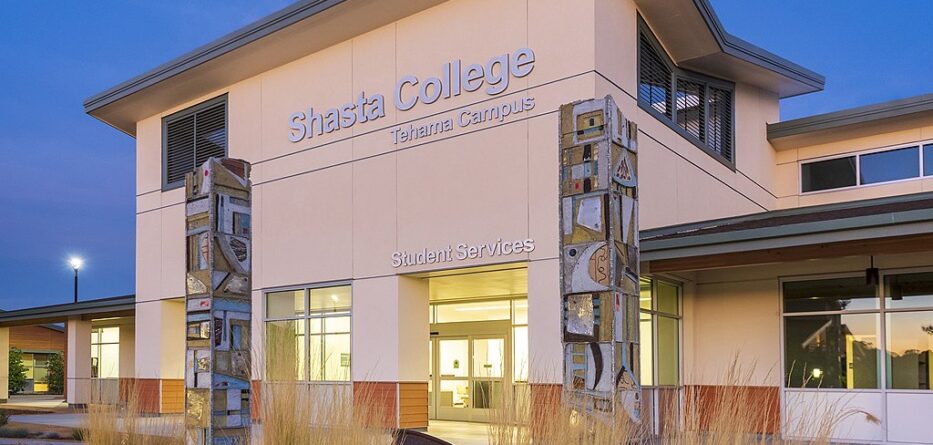Rural community colleges face a lot of challenges, but many have turned determination into innovation, with best practices showcased in a new report from the Aspen Institute.
Researchers singled out efforts at two rural California community colleges.
Kate Mahar, associate vice president of innovation and strategic initiatives at Shasta College explained the school offers a program called BOLD, which stands for Bachelor’s Through Online and Local Degrees. BOLD students who complete the first two years at Shasta can stay on campus and finish the last two years through an existing online degree-completion program from a four-year school.
“BOLD allows those students to access some of the support that they need to be successful in those programs, including reliable technology, connections, library services, and tutoring services,” Mahar outlined.
The Shasta Foundation underwrites a free one-unit course, so students can be co-enrolled with Shasta and the four-year program of their choice. There are no four-year public institutions within driving distance of Shasta College, so it allows people to stay in their communities while earning a bachelor’s degree.
The report also highlights a program at Imperial Valley College, where they send college professors to teach at local high schools.
Victor Torres, associate dean of workforce development and non-traditional instruction at Imperial Valley College, said high school students can earn up to 30 college credits before they graduate, and 95% go on to college.
“It establishes sort of a sense of belonging,” Torres emphasized. “We do a field trip where they actually get a college ID, and they become part of our college culture. The students are already thinking that they can be successful in college courses.”
The report also highlighted programs creating pathways to economic mobility, convincing students to enroll and stay in college, and building strategic partnerships to help people afford to stay in school.
Support for this reporting was provided by Lumina Foundation.






